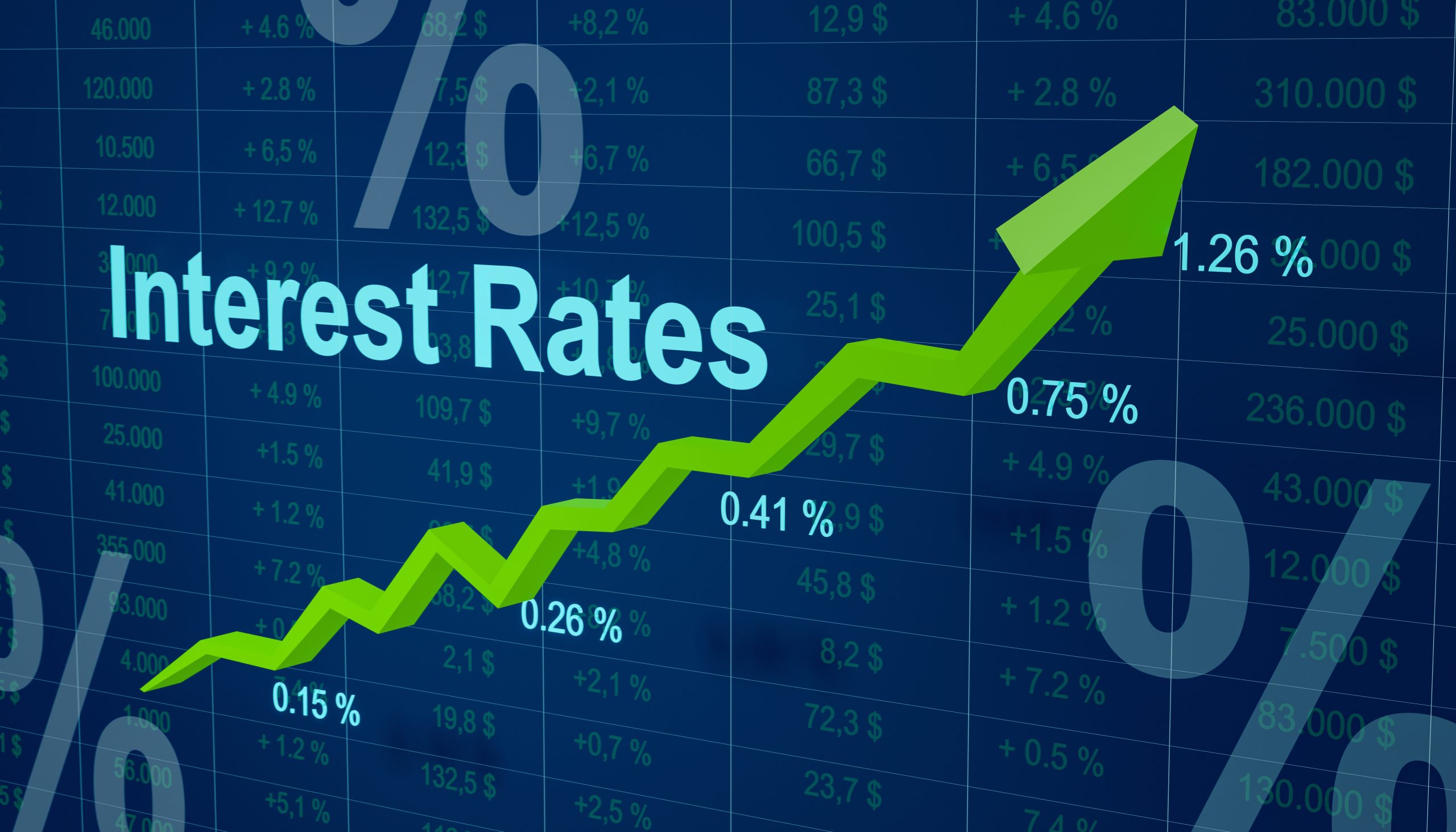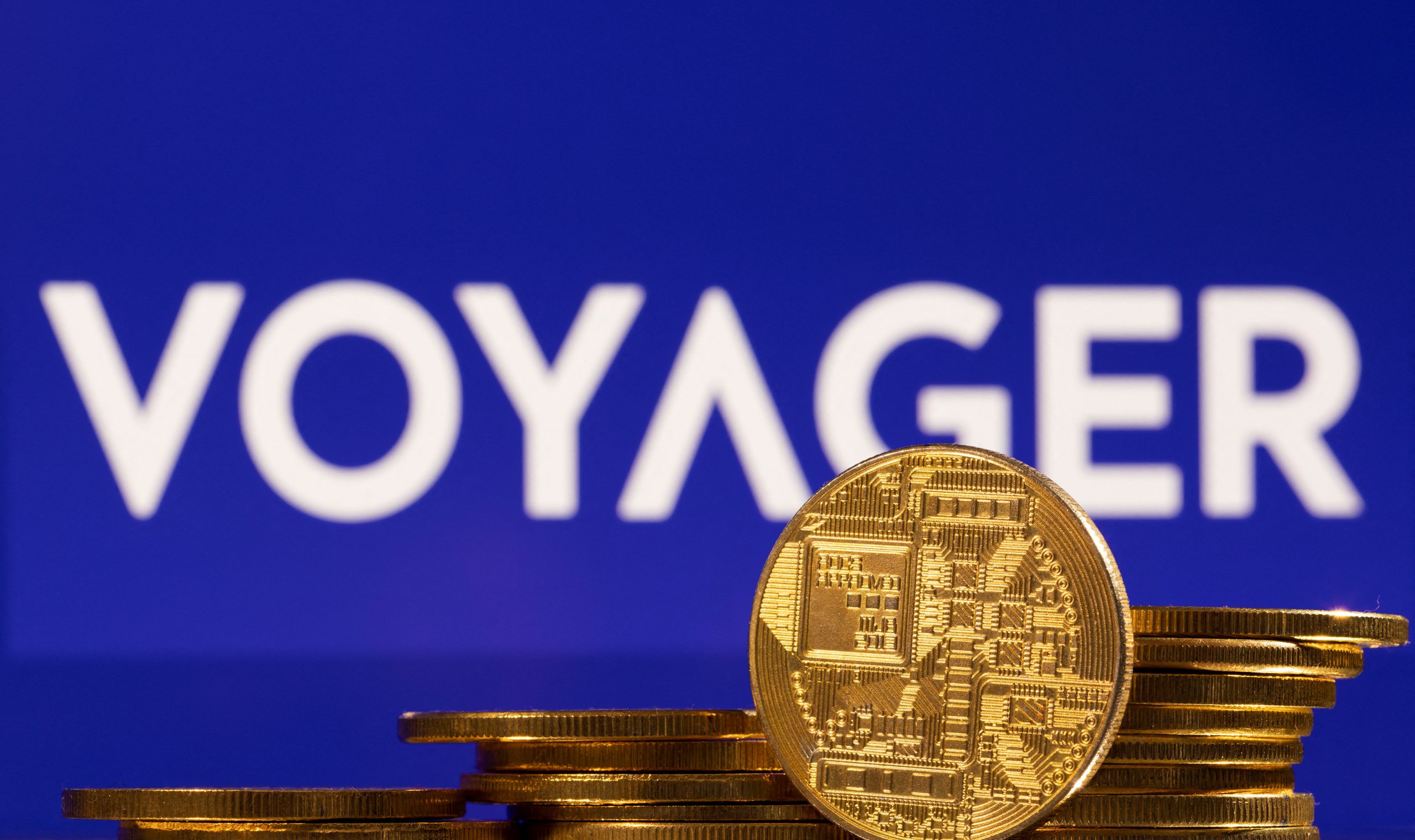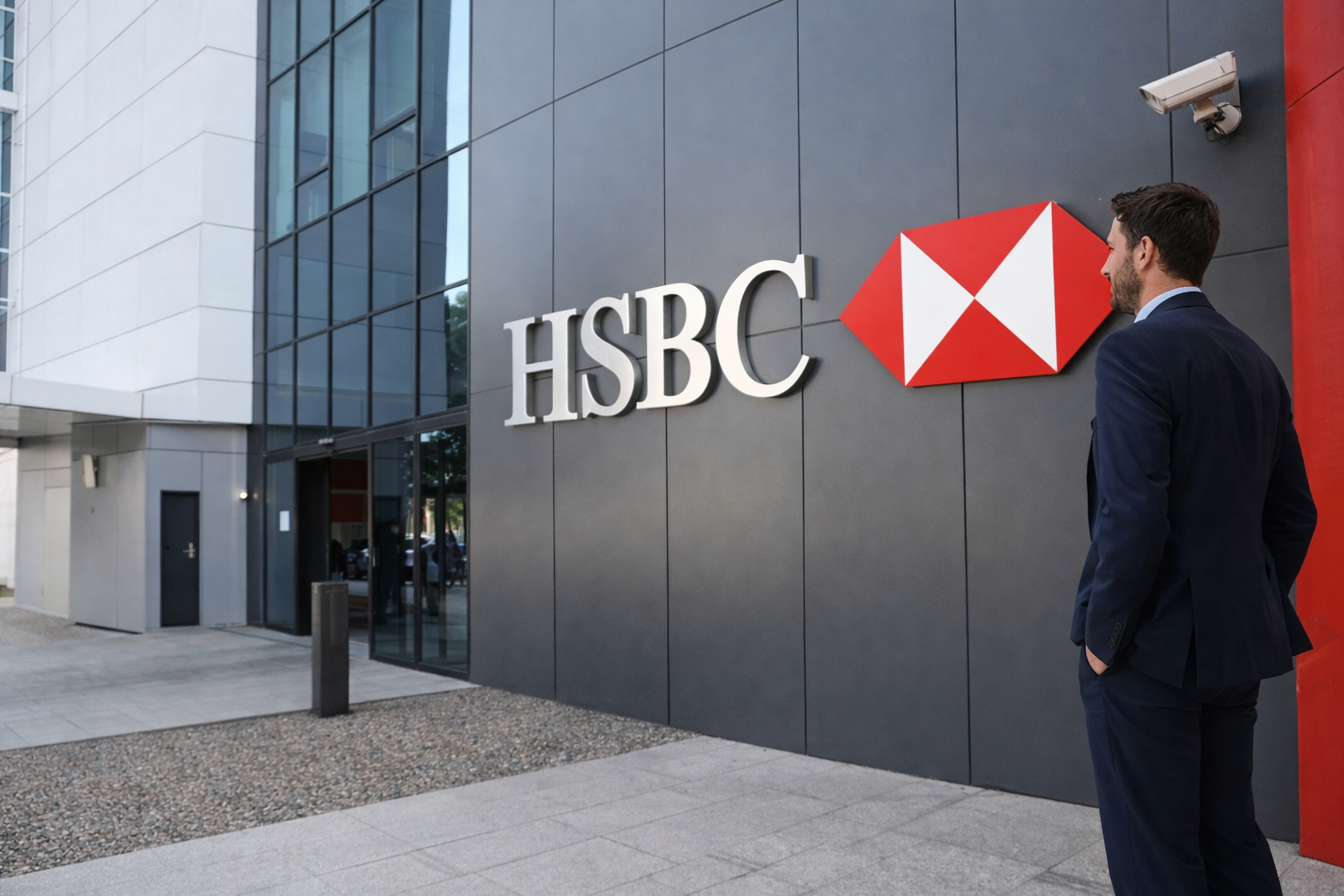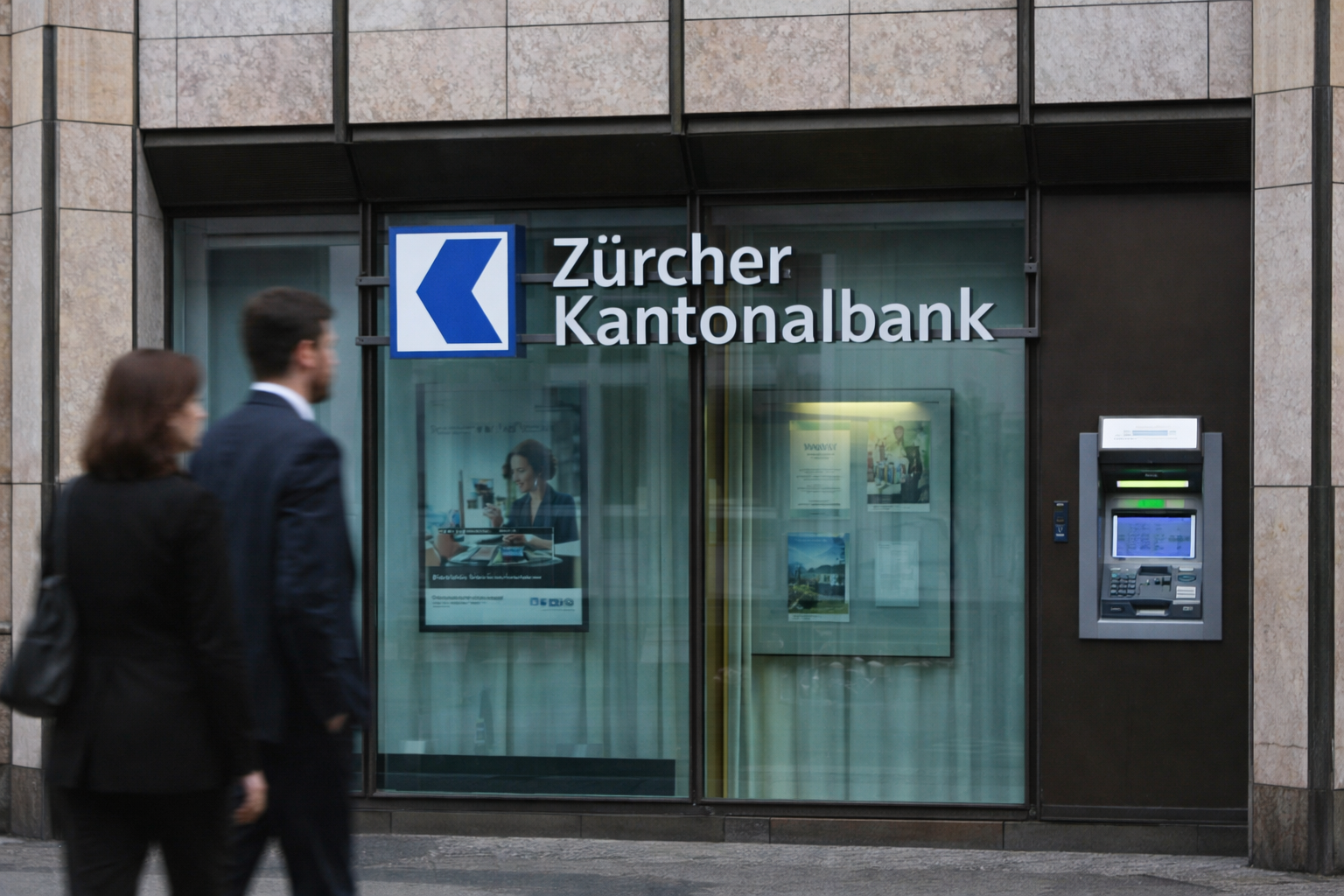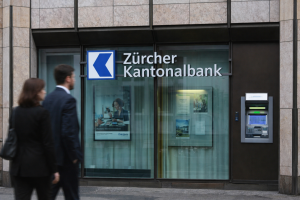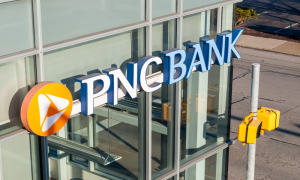In recent weeks, open banking regulations—especially the rules about how banks share consumer data—have become a focal point of debate in the United States. These discussions matter to everyone who uses checking accounts, loans, or digital-banking services, since data access affects everything from how easily people compare credit offers to how much control fintech apps have over banking access.
What Is Open Banking (and Why It’s Changing Now)
Open banking is the system where banks allow third parties (like fintech apps) to access customer financial data—transaction histories, balances, credit use—with the customer’s permission. This helps customers find better offers on credit, deposit accounts, and financial tools. Under U.S. rules known as the PFDR (Personal Financial Data Rights, part of Title X of the Dodd-Frank Act), banks are required to share data with consumer consent. One major point under debate now is whether banks can charge fees for providing this data access.
Effects on Customers and Businesses
For customers, the outcome of this debate could influence how affordable and easy it is to use digital banking tools. If banks begin imposing fees for data sharing, fintech apps might pass those costs on—making some services more expensive or less available. That could limit consumers’ ability to shop around for better rates on credit, mortgages, or savings. On the other hand, robust protections and clear rules could give users more trust in giving their banking or checking account data to third parties, boosting innovation.
Businesses—especially fintechs—are watching closely. Some are pushing for open access to data at low or no cost, arguing that competition stimulates innovation in loans, deposit services, and checking-account offers. Banks are more cautious: they point to compliance costs, privacy risks, and regulatory uncertainty. The current pause and redraft of rules by the Consumer Financial Protection Bureau (CFPB) shows regulators recognize those concerns.
How Banks Are Affected (Regulation, Competition, Credit System)
Regulatory risk is now front and center for banks. The CFPB has paused some compliance deadlines, seeking more public input to redraft the rules. That means banks need to plan for multiple possible outcomes, which complicates investment in digital banking infrastructure.
In terms of competition, this change could shift the balance between big banks (which may have more resources and bargaining power) and smaller banks or fintechs. If larger banks charge for providing data, they could gain a new revenue stream—but risk reputational damage or loss of trust. Meanwhile, fintechs or smaller banks might struggle or be forced to raise costs.
The credit system is also implicated: open data helps with credit scoring, loan offers, and risk assessment. If data sharing is limited or costs are imposed, access to credit could become more expensive or less transparent for some borrowers.
Broader Economic Implications and Future Trends
Open banking sits at the intersection of data rights, financial inclusion, and innovation. Clear, fair regulation could help consumers obtain cheaper loans or mortgages, make the process of applying for credit more transparent, and enhance competition in digital banking and deposit products. Conversely, unclear rules or excessive fees may suppress innovation and harm cheaper or more accessible credit options.
We are likely to see regulatory proposals refined, more court challenges, and perhaps frameworks of fee schedules that attempt to balance costs vs access. Banks and fintechs will need to adapt their digital banking offerings, focusing on security and transparency to maintain customer trust.
Closing Message
Decisions being made now about open banking rules will shape how interest rates, credit availability, checking accounts, mortgages, and deposit services evolve over the coming years. For consumers, the key is to monitor how their banks and fintechs respond—and to favor providers who offer transparency in fees and good terms on credit and deposit products.
Closing Insights
-
Economic Insight: If banks impose fees on data provision, it could raise operating costs across the fintech industry, possibly slowing growth in services that rely on data-driven credit scoring or account aggregation.
-
Professional Tip: Consumers should check the terms and fees of digital banking or fintech apps—especially ones that link to their bank accounts—and consider asking their bank about what data is shared and whether there is a cost.
-
Future Trend: Expect an increasing role for regulation in defining minimum standards for open banking—around fees, privacy, data security—and for more partnerships between big banks and fintechs to meet consumer demand for seamless, secure digital banking experiences.





